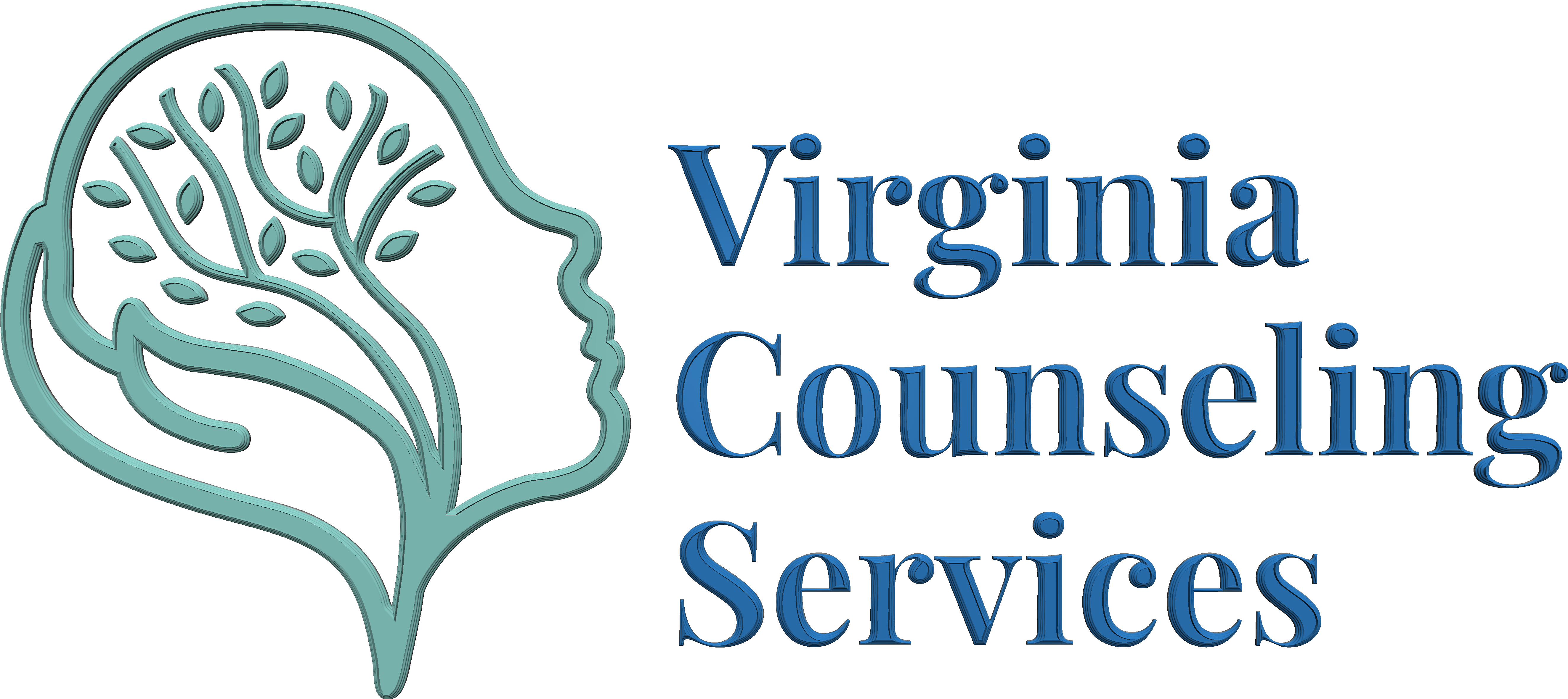As summer comes to its end, many families start getting excited for the changes the upcoming fall brings (no, I’m not referring to pumpkin spice). For many kids, the start of a new school year brings a hot-mess of emotions ranging from excitement, anticipation, fear, all the above. Some kids are going up a grade, while others are shifting over to a whole new school. While it may not seem like a big deal (or some adults have forgotten how it felt to go through these stressors as a kid), we have to consider that it’s a huge change for kids and teens.
Parents are affected by the changes too! Summer is filled with vacations, outdoorsy events, and kids being home A LOT more than during the school year. Many parents still have work, so the beginning of summer is filled with coordinating caretaking, camps, babysitting, and trying to make sure their kids are happy, healthy, and entertained with all that free time. All while still working. End of summer and the start of the school year means parents can take a breather from all that adulting since school cranks back up and takes over scheduling and routines. (Hey parents, don’t play coy – it is ok to feel relieved with some of those responsibilities off your chest!)
As routine and normal the change from “free and clear summer vacation” to “back to school” is, it still represents a change. Change is inevitable, normal, and involves transitions. Transitions are an important concept in the mental health field because a persons’ abilities to transition (or adapt) to changes can be positive or negative. If they struggle with the change, we call those transitional issues.
Here’s some examples of challenges that pose a threat for transitional issues:
- Adjusting to the New Routine: Summer break often means late nights, sleep-ins, and freedom from the usual routine. This is fine and dandy until BAM: you need to wake up much, much earlier daily. Whether it’s to catch the bus or make kids’ lunches, suddenly there’s a new morning routine.
- New school year, new grade, new school? Whether it’s the first day of kindergarten or the start of high school, each new year can bring a mix of emotions. Some school years have minor changes. For instance, in elementary school, a new year involves a different classroom, different mix of classmates, and maybe a couple new teachers. But going from elementary to middle school involves huge changes. That’s can be very stressful for a kid! And while many adults may scoff at this being a “source of stress”, I challenge any adult to claim that when they changed jobs, they didn’t experience any anxiety. It’s the same thing!
- Social Dynamics: Friendships can shift from one year to the next. At home, conversations start changing to more “business” type of talk. “What did everyone do today?” is a bit different on a summer vacation day than a school day.
- Extracurricular Activities: The start of the school year is often when kids decide to take up new activities or sports. For the love of all sanity, be careful of over-scheduling! For kids and parents, jam packing all sorts of activities, sports, etc. into the weekly schedule suddenly will cause everyone to burn out! *cough* Parents *cough* How happy would you be if Monday morning your boss added 20 new projects to your weekly todo list from September to June? Exactly.
- Less Together Time: This one catches people off guard. Whereas on vacation everyone starts bickering and getting annoyed with “too much together time”, suddenly spending less time together feels bittersweet.
This is not a complete list by any stretch of the imagination. There are many, many more depending on circumstances. Nonetheless, it is important to realize two important things. First, every change has the potential of causing transitional issues. And second, all transitional issues have the potential to affect mental health.
If you have doubts about this, reach back to your memories from March of 2020 and remember when COVID changed everything in your daily life from one day to the next. Then try to remember how you felt while everything was changing from one day to the next. Struggled in some ways? Those are transitional issues.
Understand the impact of change. Watch out for transitional issues. And when in doubt, reach out to a mental health professional sooner rather than later!

